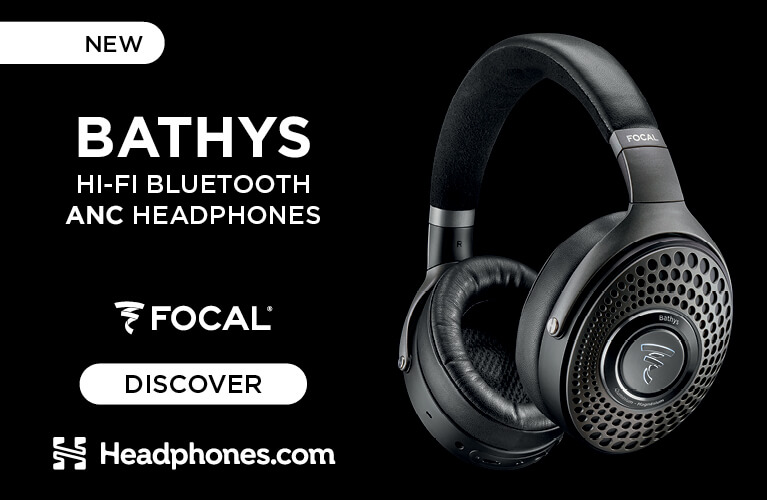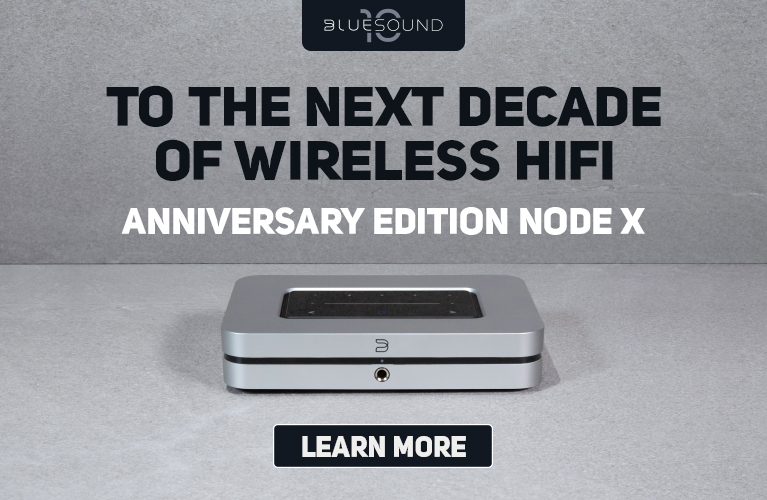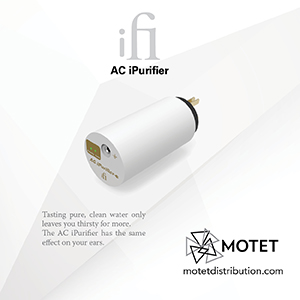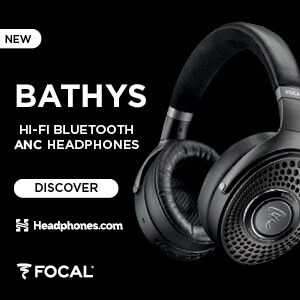Sound: 









Value: 









Measurements can be found by clicking this link.
Fidue is a Chinese company founded by Benny Tan, who, according to the company’s website, has been involved in research and development of headphones and earphones for over two decades. To date, all of the company’s products have been high-end earphones with multiple drivers, including the A83 ($349.99 USD) and the A91 Sirius ($899.99) models. The latest are the A85 Virgo earphones ($299.99).
The Virgos share the same design aesthetic as the Sirius and A83 earphones: a striking raised dual-fin design with an over-the-ear cable. The silver-colored aluminum casing keeps each earbud very light.
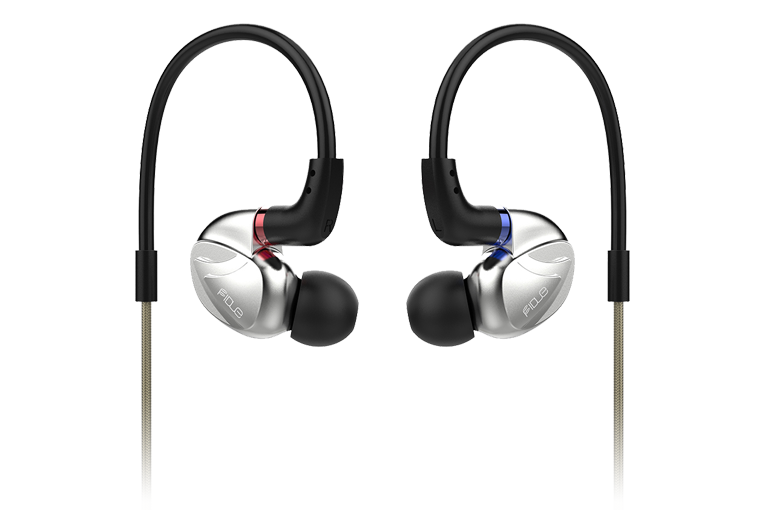
The internal engineering is as sophisticated as the styling. Inside that small enclosure is a hybrid triple-driver setup. One dynamic driver handles the lower frequencies, while two balanced armatures focus primarily on mids and highs to deliver more clarity than a dynamic driver can typically accomplish. The company says each driver has its own chamber, but doesn’t elaborate other than to say this improves isolation between drivers. According to the website, all of the A85 Virgos’ drivers are custom-made.
It’s obvious that these are not me-too earphones, and that a lot of thought went into the design. Let’s find out how they sound.
In the box
The A85 Virgos include a 4.2' (1.3m) silver-plated oxygen-free copper cable with a 1/8" (3.5mm) plug on the source end and MMCX connectors that attach to the earpieces. These connectors allow the cable to be removed and replaced if necessary, and allow the use of aftermarket cables.
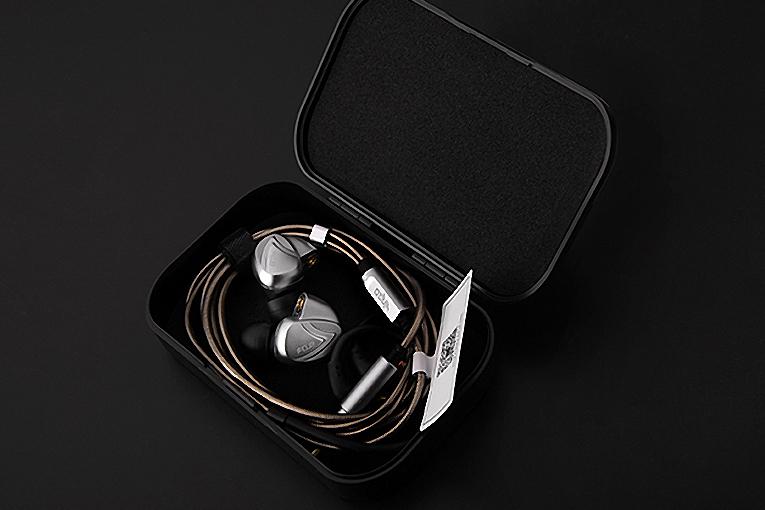
Also included is a rectangular, thinly padded plastic carrying case. The lid doesn’t snap as firmly as I’d like, and if the earphones aren’t tightly wound and fit properly into the case, there is the chance of it popping open, which would be a very unwelcome sight inside my computer bag.
The A85 Virgos come with a large selection of eartips, including six pairs of silicone tips (two of them double-flanged), one pair of foam tips, and one pair of Comply T500 foam tips that I used for my listening. Also in the box are a stereo 1/4" (6.2mm) adapter, a dual-plug airplane adapter, and a guitar-pick-shaped tool meant to help with removing the earpieces from the cable.
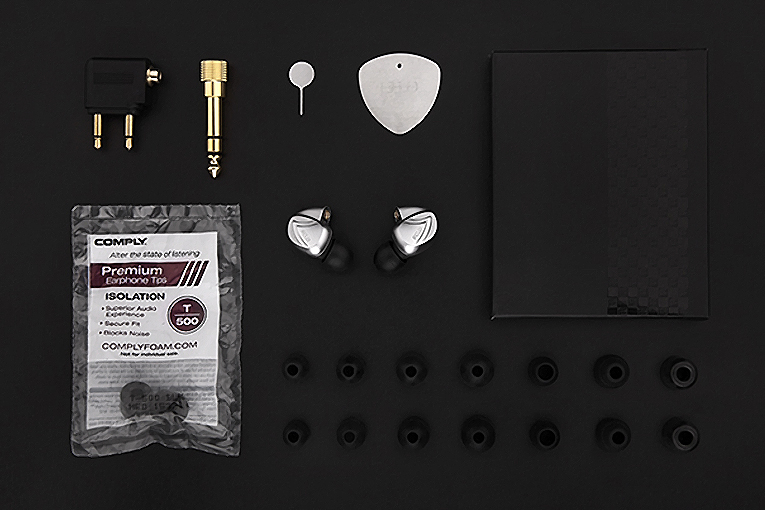
Use
The shape of the A85 Virgos’ earpieces fit perfectly within my earlobes, and allowed me to get a good seal in my ear canal. This may not be your experience, though -- SoundStage! Solo editor Brent Butterworth gave me these to review in part because their soundtubes were too short to allow him to get a good seal, no matter which set of the supplied tips he tried.
The included cable is an ergonomic standout. Its clear, rubbery covering is incredibly flexible and causes little extraneous cable noise if the cable gets knocked around or rubs against your clothes. The ends of the cables have additional rubber that curves them into the proper shape to fit over the earlobe, making them much easier to put on and helping them stay in place better.
Sound
After letting the A85 Virgos play for about 12 hours, I loaded up “Immigrant Song,” from Led Zeppelin III (Remastered) (320kbps Ogg Vorbis, Atlantic Records / Spotify). There was some definite punch to Jimmy Page’s opening driving guitar riff, although I didn’t get as much thump from John Bonham’s kickdrum as I was expecting from the dynamic driver. The entry of John Paul Jones’s bass helped round out the sound, although I was still craving a fuller low end to get my blood pumping. This isn’t to criticize the quality of the A85 Virgos’ bass, though. In fact, it shows great accuracy and dexterity; there’s just not as much of it as I’d like.
That said, even though the A85 Virgos are somewhat bass-shy, they do not suffer from the treble-heavy tuning present in most earphones aimed at the audiophile market. Zeppelin singer Robert Plant’s vocals retained their raspy quality without any added harshness when he went into his upper register. The soundscape had good depth, and I could hear the deliberate, precise instrument placement Page worked for in his mixes.
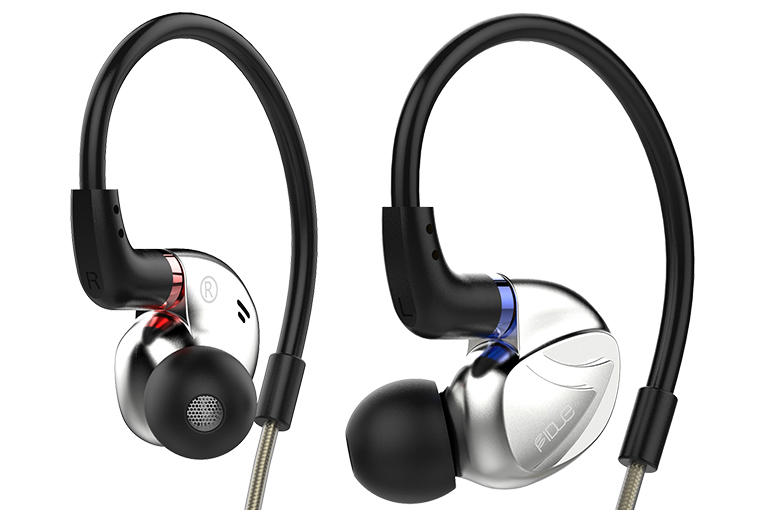
To see how deep the bass could go, I changed decades to listen to Kanye West’s “Love Lockdown,” from 808s and Heartbreak (320kbps Ogg Vorbis, Roc-A-Fella Records / Spotify). The deep, deep notes that start this tune are great for determining the bass extension and output of an audio product; in many products, these notes produce a great deal of distortion even at moderate listening levels. Through the A85 Virgos, the response was still a bit light, but there was great tonality to the repetitious bassline. When the rhythmic percussion comes in during the choruses, the mid-forward quality of the Virgos is readily apparent. As the sounds layer, the mids get a bit combative with the rest of the audio range, but without any harshness.
I switched gears a bit to listen to one of my favorite classical piano concerto performances, Vladimir Ashkenazy performing Rachmaninoff’s “Rhapsody on a Theme of Paganini, Op.43,” backed by the Philharmonia Orchestra with Bernard Haitink conducting (16-bit/44.1kHz WAV, Decca). The A85 Virgos revealed the clarity and sparkle of Ashkenazy’s fingerwork. However, I missed a sense of the breadth of the orchestra; the placement of the instruments and sections felt more centralized than I usually hear with this recording.
Comparison
I spent a lot of time comparing the Virgos’ hybrid design with that of the single-balanced-armature Campfire Audio Comet earphones ($199), which Brent recently reviewed. Although the Virgos cost half again as much, Brent’s review of the Comets was so positive that I wanted to hear how much benefit the Virgos would get from their additional drivers.
Since Rachmaninoff had put me into a classical mood, I put on the dramatically phenomenal final movement of Brahms’s “Piano Quintet in F minor, Op.34,” performed by the Artemis Quartet and Leif Ove Andsnes (320kbps Ogg Vorbis, Musical Concepts / Spotify). With the Comets, I immediately felt as though I was in the performance space with the orchestra. The depth and width of the Comets’ soundstage were wonderful, and I could easily distinguish the placement and timbre of each instrument. The mids were more subdued than with the Virgo earphones and sounded more natural.
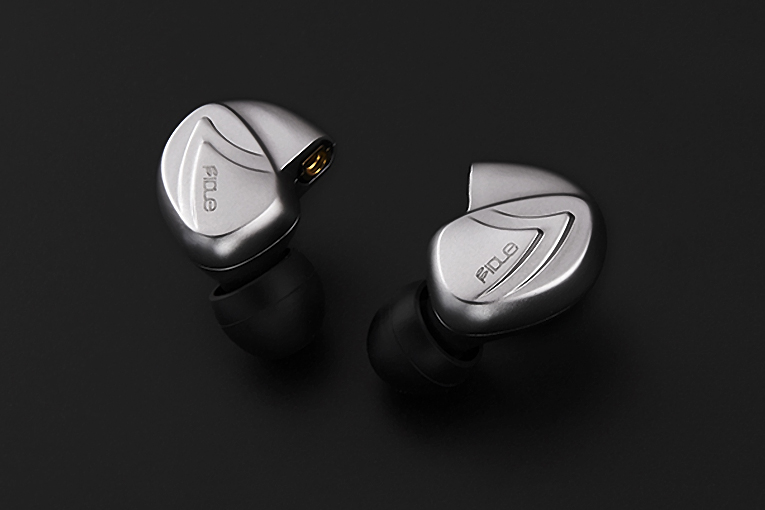
To challenge the Comets’ low end, which is surprisingly potent for single balanced armatures, I fired up “Outshined,” the second single from Soundgarden’s album Badmotorfinger (16/44.1 WAV, A&M). The bass response and tonality sounded smooth, but the bass didn’t have the same depth and detail that the Virgos provided. Still, the Comets didn’t push the upper midrange the way the Virgos did, and their overall tonal balance sounded smoother. The Comets do fall short as far as comfort and fit security, though -- I found myself repeatedly needing to adjust the fit as they slowly worked their way out of my ears.
Conclusion
The Fidue A85 Virgos don’t fall victim to the high-frequency tuning found in many audiophile earphones, and that’s a great thing. The mids might sound forward to you, and they are, but they aren’t overly so and they’re supported with very high-quality (although not prominent) bass. If mids are your thing, the comfort of the Virgo will keep you in vocal bliss.
. . . John Higgins
Associated Equipment
- Source -- Custom computer with Asus Prime Z370-A motherboard
- DAC-headphone amplifier -- Oppo HA-2SE
Fidue A85 Virgo Earphones
Price: $299.99 USD.
Warranty: One year parts and labor.
Fidue USA
(858) 771-4410
Website: www.fidueusa.com


